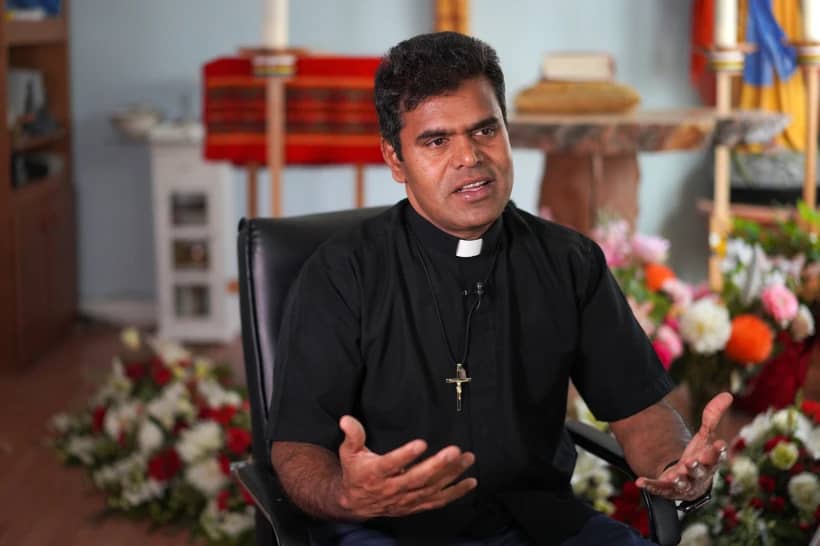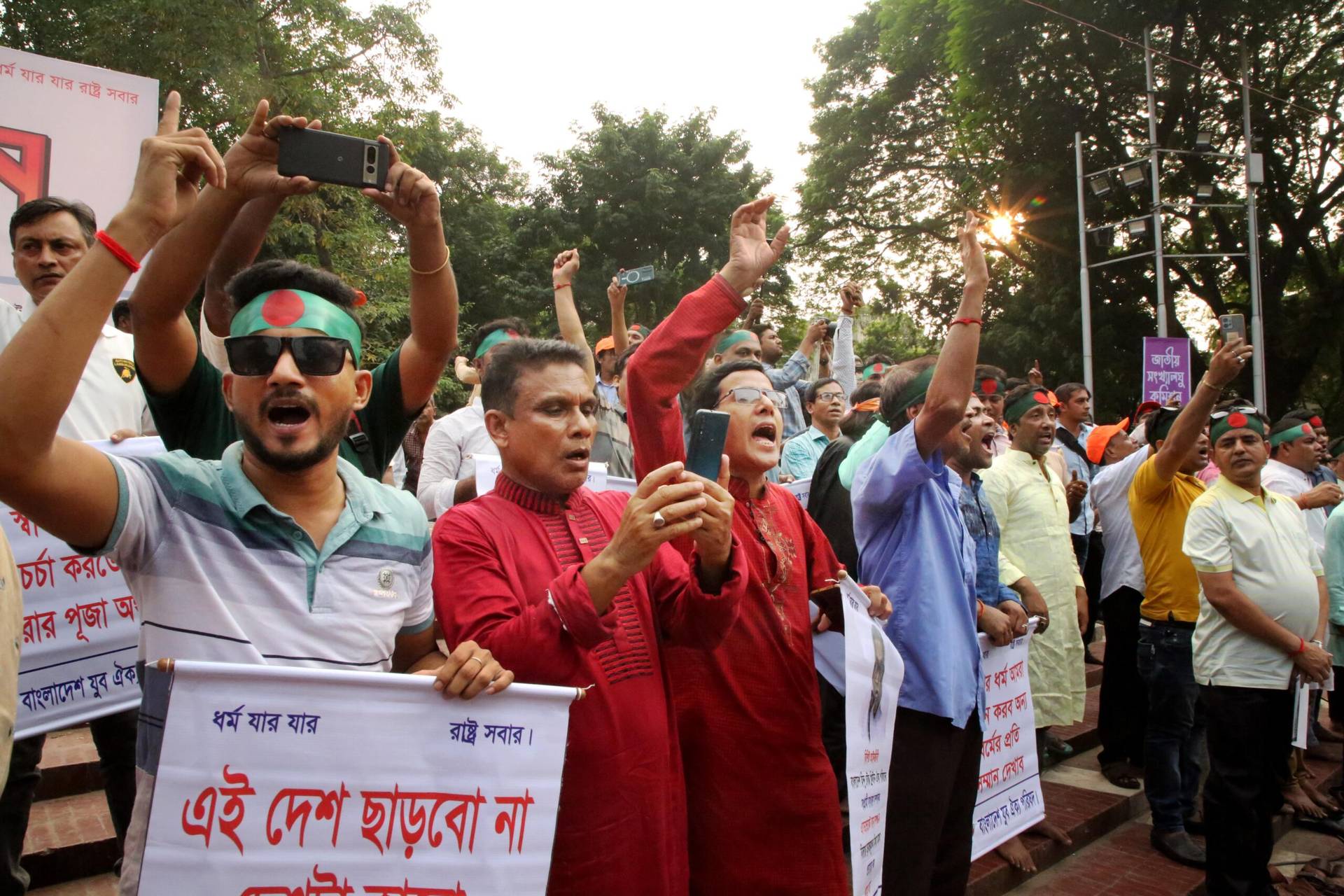LOME, Togo — Togo’s Constitutional Court announced final results Tuesday, confirming the country’s president easily won a fourth term, extending the grip his family has had on power since 1967 as the opposition alleged fraud.
The court, in its final tally of the election commission’s preliminary results, announced that President Faure Gnassingbe received 70 percent of the votes while crediting his main challengers Agbeyome Kodjo and Jean-Pierre Fabre with 19 percent and 4 percent of the votes, respectively.
The U.S. Embassy in Togo last week called on the election commission to release the results by each polling booth to increase transparency.
The political opposition, which for years has called for new leadership, said several of their delegates were prevented from voting. Internet access was restricted on election day.
Kodjo has rejected the results, describing them as “concocted in the ruling party’s laboratory.” He added that “these fabricated numbers give the sense that we are in a real dictatorship, a dictatorship which wants nothing to do with democracy and doesn’t respect civil or political laws.”
A protest march planned late week was repressed by security forces while Kodjo and retired Archbishop Fanoko Kpodzro were repeatedly confined at their homes by the military. The minister of security, Gen. Damehame Yark, said it was done to ensure protection.
RELATED: Togo puts archbishop under house arrest after he disputes election results
The current president took office in 2005 following the death of his father, who seized power in 1967. Under the country’s current law, Gnassingbe could remain in office until 2030.
Months of anti-government protests in 2017, with about 20 people killed, were a marked sign of impatience with the Gnassingbe family’s hold on power.
Shortly before the vote, Togo expelled a major U.S.-based election observer, the National Democratic Institute, and decided against using an electronic vote-counting system. In both cases, the electoral commission said it feared disruption, while critics objected.
The Catholic Church was also denied observation by the government for alleged bias.
“The United States remains concerned about the limited observation efforts, including the CENI’s disappointing decision to revoke credentials from a U.S.-financed, neutral civil society organization to observe the electoral process,” according to a statement from the U.S. Embassy last week.
The election was observed by 26 other international observation missions and more than 30 Togolese civic groups. The electoral commission reported a voting rate of nearly 77 percent of the 3.6 million registered voters.
Gnassingbe enacted a law last year that limits presidents to two five-year terms. However, the law wasn’t retroactive, so his previous three terms aren’t counted.
Crux is dedicated to smart, wired and independent reporting on the Vatican and worldwide Catholic Church. That kind of reporting doesn’t come cheap, and we need your support. You can help Crux by giving a small amount monthly, or with a onetime gift. Please remember, Crux is a for-profit organization, so contributions are not tax-deductible.











